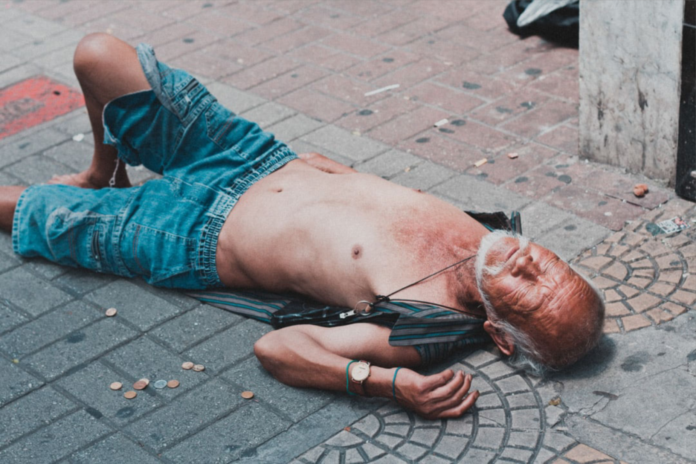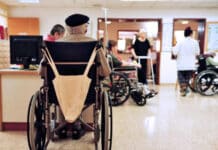In 2019, 29 states saw a decline in homelessness from 2018 according to the Department of Housing and Urban Development. Minnesota was not one of those states. In fact, homelessness in Minnesota is up 10% overall, and the number of children experiencing homelessness also increased.
Nationally, while homelessness is down around 10% since 2010, Minnesota has only seen a 1% decrease in homelessness since 2010. In other words—despite our cold climate that makes homelessness incredibly difficult here—we are greatly lagging the nation.
The problem isn’t Minnesota’s broad safety net, which is incredibly generous, especially compared to welfare in many southern states, and is often even abused by those who don’t need the assistance.
The problem is Minnesota’s governance. Specifically, one issue may be that Minnesota does too much on broad welfare, but not enough on targeted services.
Counties desperately need more resources from the state for mental health. Yet the overall state mental health system still finds a way to waste money, even while letting needy patients slip through the cracks.
And while Minnesota’s dysfunctional Department of Human Services (DHS) was given $3 million by the Legislature to help Minnesota’s homeless, this money is nowhere to be seen, and hasn’t translated into a single new shelter bed in the metro area.
Another issue may be a permissive attitude to crime, and a bias against adding more law enforcement resources, especially in Minneapolis and St. Paul coming from Mayors Jacob Frey and Melvin Carter, respectively. This isn’t to say that homelessness fuels crime, but a permissive attitude toward drugs and other social ills may fuel homelessness, given the number of homeless persons who struggle with addiction.
All told, the situation is pretty bleak. But citizens who care can still make an impact—that requires hitting the pavement and doing the work to care for the homeless ourselves, and not counting on a dysfunctional government.

















